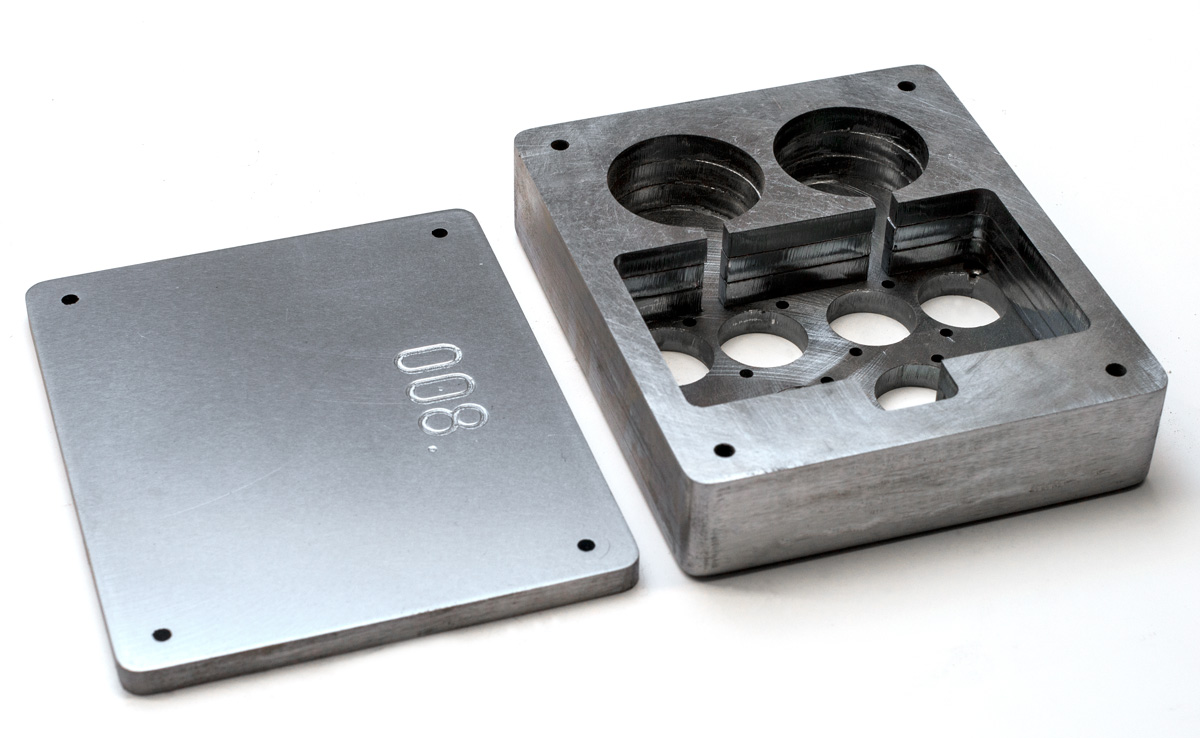rock soderstrom
Tour de France
Hi folks,
what do you think of this product? The manufacturer gives quite promising data. Does anyone have any real-world experience with it?
Intended use would be the shielding of sensitive circuit parts, (signal)transformer and transducers against NF and HF interference such as transformer magnetic induced hum and mobile phone net crosstalk .
English text and data in the article description
https://www.ebay.de/itm/17414960355...JAm6ueKTrO&var=&widget_ver=artemis&media=COPY
what do you think of this product? The manufacturer gives quite promising data. Does anyone have any real-world experience with it?
Intended use would be the shielding of sensitive circuit parts, (signal)transformer and transducers against NF and HF interference such as transformer magnetic induced hum and mobile phone net crosstalk .
English text and data in the article description
https://www.ebay.de/itm/17414960355...JAm6ueKTrO&var=&widget_ver=artemis&media=COPY



